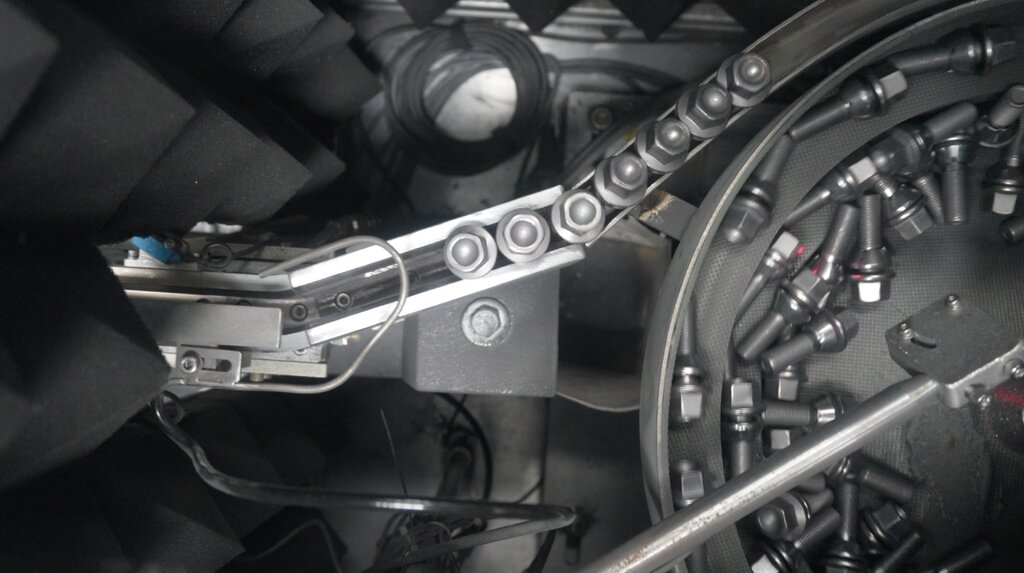
In the ongoing tariff war, China is leaning heavily on a powerful, futuristic ally — an army of robots powered by artificial intelligence. These factory machines are quietly transforming the landscape of Chinese manufacturing, offering a strategic advantage as global trade tensions rise.
Inside China’s industrial zones, factory floors are no longer filled with just human laborers. Instead, fleets of smart robots operate around the clock, assembling goods with speed and precision. Engineers and electricians manage these robotic operations, ensuring they run smoothly and efficiently. This high-tech shift is drastically reducing production costs while improving product quality.
As a result, Chinese goods remain competitively priced despite the heavy tariffs imposed by the United States during President Trump’s administration. The AI-powered automation helps China absorb the impact of these tariffs without significantly raising prices, allowing its exports — a vital part of the national economy — to remain attractive in the global market.
Moreover, this robotic revolution is not just about short-term trade tactics. It reflects China’s broader strategy to future-proof its manufacturing sector, enhance productivity, and solidify its position as a global economic powerhouse.
While tariffs aim to pressure Beijing, China’s embrace of automation suggests it’s playing a longer game—one in which technology, not politics, may ultimately decide who comes out on top.
Read more: Want evidence Trump’s tariffs are upending the global economy? Here it is
